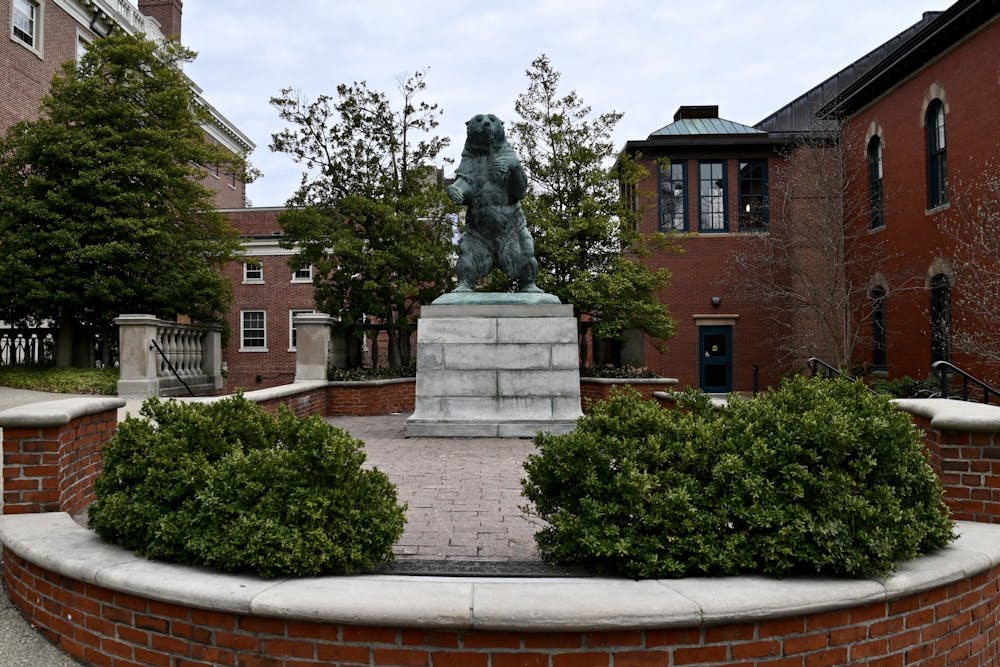Brown University President Christina Paxson wrote in an op-ed in The New York Times that universities must open in the fall to avoid a higher education crisis.
Paxson wrote that universities remaining closed would lose tuition revenue, which is a primary source of income for higher education institutions. Universities that open must focus on controlling the spread of the coronavirus through testing, tracing, and separation, Paxson wrote.
Reopening college and university campuses in the fall must be a "national priority" to support students, universities, and the economy, Paxton wrote. She added that colleges and universities must begin planning now, accounting for the possibility of resurgences in infection until there is a vaccine.
Barriers to online learning could lead students to forgo starting college or put off finishing school. Without receiving tuition money from these students in the fall, Paxson said some institutions will need to close for good.
"It’s not a question of whether institutions will be forced to permanently close, it’s how many," Paxson wrote.
To bring students back in the fall, schools will need rapid testing for when they arrive on campus, as well as at regular intervals throughout the year, Paxson wrote.
Contact tracing will not be sufficient on college campuses, Paxson explained, citing large lecture halls and parties as places where students may not know those with whom they were in contact.
For testing and tracing to be effective, there also must be adequate spaces for students who are ill or have been exposed to the virus to isolate or quarantine, Paxson wrote.
RELATED:
Penn considers combination of virtual and in-person classes for fall 2020
Penn offers limited summer work-study program amid coronavirus pandemic
Paxson acknowledged that, while campus life will be different, students will still benefit from aspects of in-person education such as research opportunities and personal interactions with a diverse student body.
“Students and employees may have to wear masks on campus. Large lecture classes may remain online even after campuses open. Traditional aspects of collegiate life — athletic competitions, concerts, and yes, parties — may occur, but in much different fashions,” Paxson wrote.
Penn President Amy Gutmann announced Monday that Penn is planning for a combination of in-class and virtual learning for fall 2020 depending on the state of the pandemic. Gutmann wrote that the decision will be based on the University's capacity for testing, tracing, and separation of COVID-19 positive individuals.









